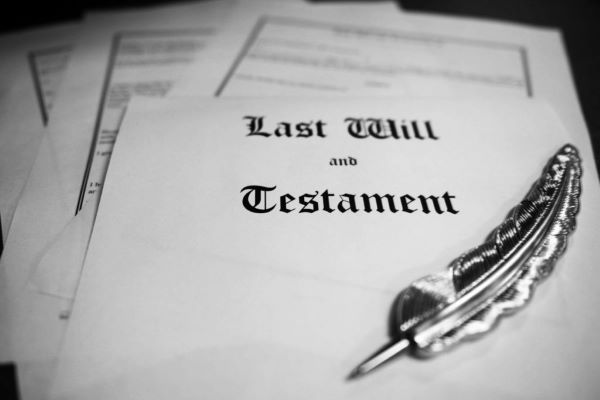
Although we all expect to live to a ripe old age, illnesses and accidents can happen at any time – and unfortunately, the results can be both financially and emotionally distressing for those you leave behind if you haven’t planned properly.
Whether you’re currently in retirement or still working, or in good or poor health, having an estate plan in place is vital. With a proper estate plan, you can ensure that the right assets go to the right people (or charities) whenever you die.
Having a good estate plan also means that there’s a reduced chance of arguments about “who gets what,” that money and other assets will go to the beneficiaries you choose, and that all taxes will be easier for beneficiaries to manage.
With all this in mind, the first step is to have a valid will in place. A will is an important part of any estate plan because it’s the main document that facilitates the distribution of assets – basically, who gets what assets when and in what manner after you pass away.
Unfortunately, about 45% of people pass away intestate. This means that either 1) they didn’t have a will, or 2) the will that they had was deemed invalid.
For example, a will could be considered invalid if:
- It didn’t properly dispose of all assets
- The will was not signed and witnessed according to law
- The person didn’t have the mental capacity to make a will or it was created under duress or undue influence
- The will was poorly drafted and proper procedures were not followed.
When someone passes away intestate, it can result in inconvenience, delay and expense for loved ones at a time when they are already emotionally distraught.
In addition, passing away intestate also means that your assets may not be distributed in the manner you wish. Each state and territory government in Australia follows an established procedure for dividing assets when someone passes away intestate. The procedure can vary according to the personal circumstances, such as:
- Where the person lived
- Where their assets are located
- Whether they were married or in a de facto relationship, and
- Whether or not they had children.
In addition, the size of the estate can sometimes also affect the distribution of assets.
Seeking advice and assistance
By seeking advice from an estate planning professional, you can make sure that you draft a will that reflects your wishes whilst also limiting the chances of it being deemed invalid.
A financial planning professional may also be able to answer other questions – such as how to set up powers of attorney or advanced care directives – and explain how these fit in with your overall financial and estate plans.
Contact us to learn more about estate planning options that meet your needs.
Disclaimer: The information contained in this article is based on information believed to be accurate and reliable at the time of publication. To the extent permissible by law, neither we nor any of our related entities, employees, or directors gives any representation or warranty as to the reliability, accuracy or completeness of the information; or accepts any responsibility for any person acting, or refraining from acting, on the basis of information contained in this blog. This information is of a general nature only. It is not intended as personal advice and does not take into account the particular investment objectives, financial situation and needs of a particular investor. Before making an investment decision you should speak with your financial planner to assess whether the advice is appropriate to your particular investment objectives, financial situation and needs.
